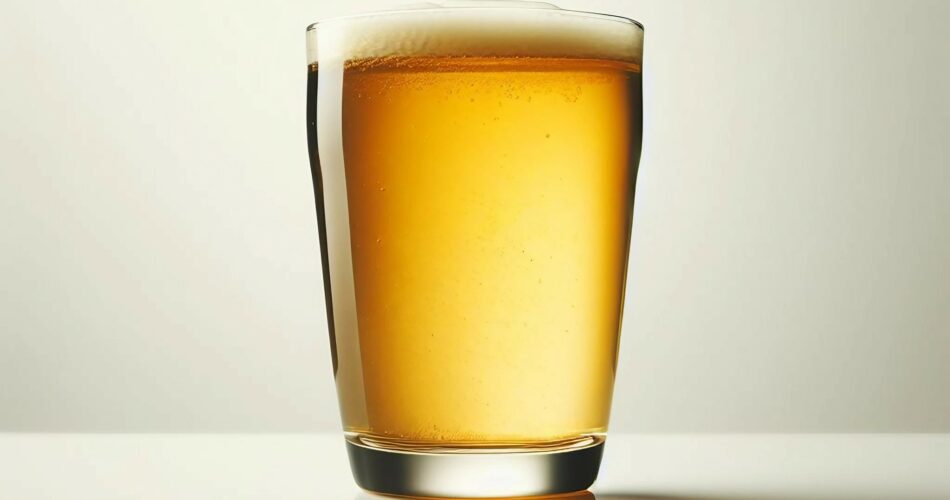Pros and cons of drinking your own urine
It’s probably making you gag just to think about it. But if you’re interested in wilderness survival, you’ve undoubtedly wondered about the consequences of drinking urine.
As reported here, it is legitimate to ask: A person can expect to live for around three minutes without air, three hours without shelter in bad weather, three days without water, and three weeks without food, according to the commonly cited Rule of Threes. Getting a drink of water should be your top priority if you’re actually stranded far from a creek or pond. You may even find your thirst stronger than your gag response after a day or two.
However, “should you drink your own pee?” and “can you drink your own pee” are two different questions. Anyway, no, consuming your output won’t make you sick.
However, that only works if you’re well-hydrated, and that’s not the topic at hand. Contrary to what you may have seen on television, drinking pee can quickly drain your life force—it contains even more salts and minerals than seawater. After all, it’s wastewater; part of its purpose is to remove urea and other toxic materials from your body. Using a standard backpacking filter won’t help you at all. It also gets increasingly concentrated the longer you consume it.
Are you desperate or determined enough to go ahead and do it anyway? Urine must be allowed to evaporate completely before it can be collected. Pour the waste into a big container, add heat, capture and condense the vapor, and then transfer the clean water into another container. If you have a stove or a campfire, tinkle in your cookpot, put a cup inside (on a flat rock), cover the whole thing with your lid inverted so the handle points into the cup, and boil away.
Alternatively, you can build a solar still: Create a foot-deep hole and fill it with pee and any greenery you find. Place a cup in the middle. Cover the entrance with plastic, pull it taut, then use dirt and rocks to seal the edges. To ensure that the water drips into the cup, weigh the sheet over it with a stone. While the stove is quicker, the still might be able to extract more water from the soil. Anyway, you will only receive a small portion of what you put in both cases, and the water will taste like pee either way.
Distilling your own urine is not the best approach to obtaining water in an emergency. Rather, wait until the evening when the temperature drops and use that energy to look for any puddles or watering holes you may have missed (hint: animals tend to congregate around water sources in arid regions, so follow their footprints). Better yet, prevent the drama entirely by planning and packing more water than you think you need, informing someone where you left and when you expect to return, and carrying a satellite communicator if available.

